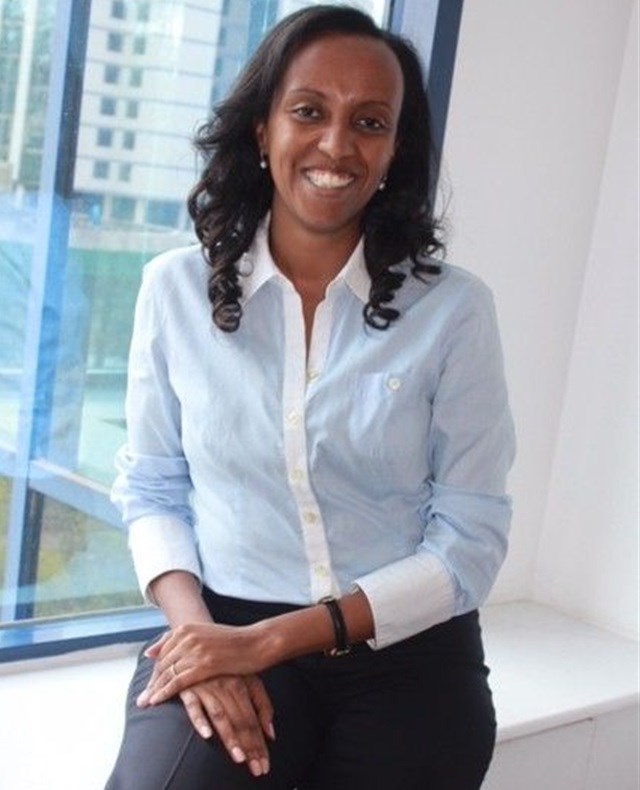
Top stories




Inclusive growth is more than just a scholastic term. It is the sort of growth that creates opportunities for all segments of a country’s population and distributes the dividends fairly across society. Wealth distribution has always been an issue in Africa, and the constant fight against high levels of poverty across the continent has not abated.
For economic growth to be sustainable, we cannot afford to leave anyone behind. Furthermore, the responsibility for inclusive growth goes beyond the private sector alone. All stakeholders must ensure that innovative approaches are applied for measurable impact - some of these approaches include leveraging technology, championing gender equality, and encouraging the media to promote a more inclusive narrative for Africa.
Technology plays a vital role in driving inclusive growth in Africa. Providing affordable access to the internet must be a priority. Technological advances globally and the constant changing landscape of our daily personal and business lives demand that we adopt technology and that we keep up with innovations in this sector if we are going to compete at a global scale.
We must train a population that not only has the required skills and knowledge to effectively utilise technology, but that also thinks out of the box about how we can leapfrog the status quo. Previously marginalised groups in Africa can only truly be included in the “Africa rising” story if they have affordable access to the internet and technology.
A recent study estimated that around 7.5 million jobs could be created worldwide through the use of cloud services by Small to Medium Enterprises (SME’s). This shows how the incorporation of technology can drive inclusive growth in Africa. Companies such as Microsoft 4Afrika align their business strategies to ensure that they maintain an eye for sustainability, scalability and self-sufficiency, thereby empowering Africans to shape Africa’s future. This is the key to inclusive growth in real terms.
Even though technology and the ICT sector have transformed at a rapid pace, certain challenges remain. There is significant gender disparity in Science, Technology, Engineering and Mathematics (STEM) globally, with only 16% of female students at university level graduating from these fields, according to the World Economic Forum.
There is an acute need, now more than ever, to close the gender gap in these industries. Female representation in these fields is not only necessary in terms of promoting and driving gender equality, but economies and societies lose out when we fail to engage half of the world’s brainpower as engines of innovation.
To ensure better female representation at board level in the ICT sector, the drive should start with encouraging female scholars to take up subjects relevant to these sectors and to break down the gender stereotypes that exist in STEM.
The influence of media is undeniable, and it can be leveraged in various ways to promote inclusive growth:
*Amrote Abdella spoke at this week’s Bloomberg Africa Business Media Innovators summit in Ghana www.bmia.org/convening-leaders.